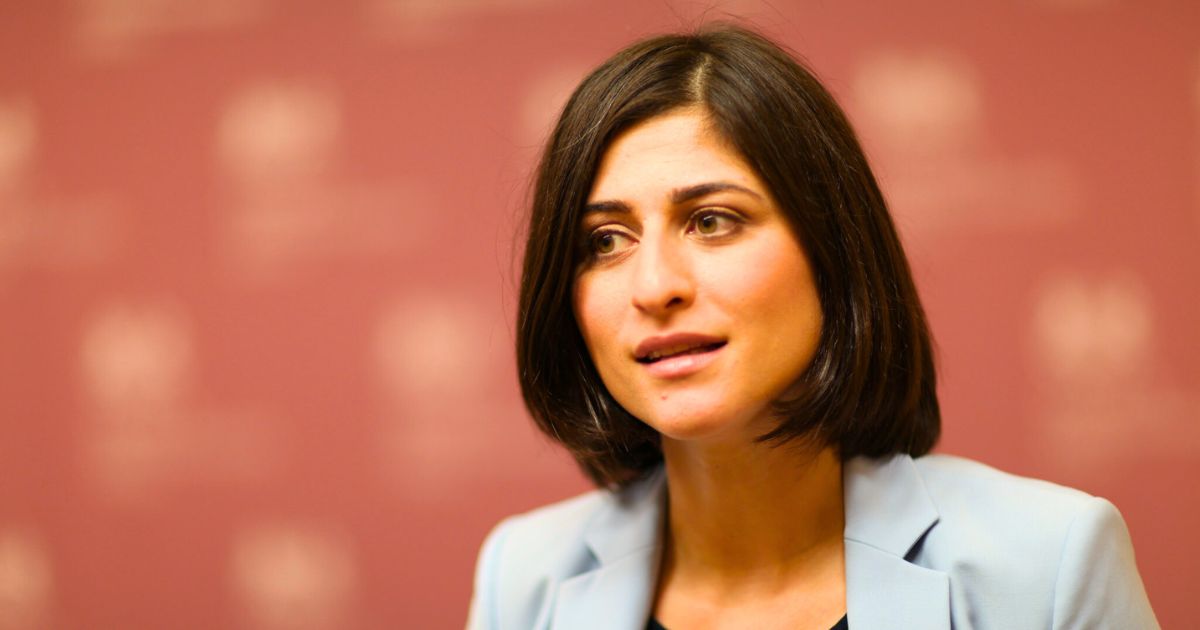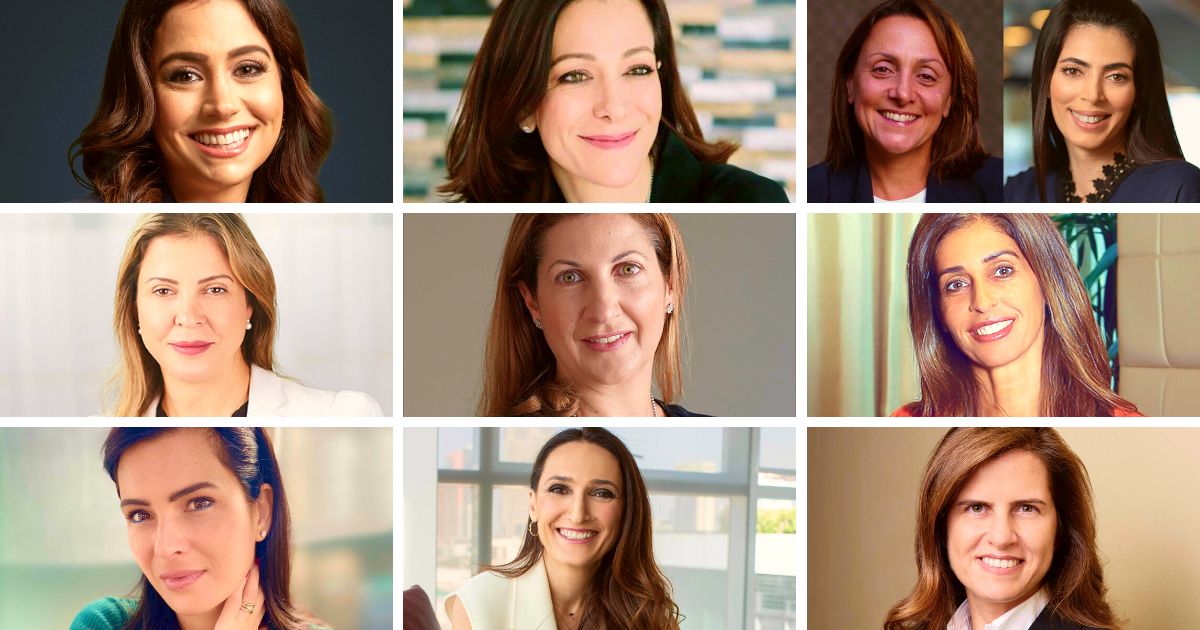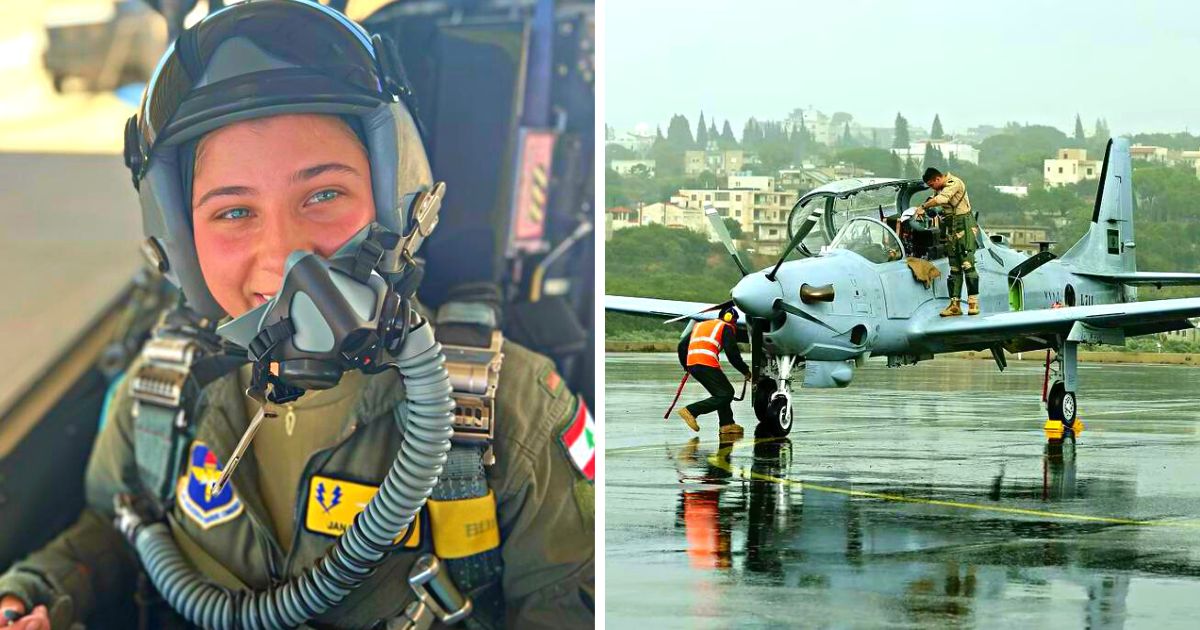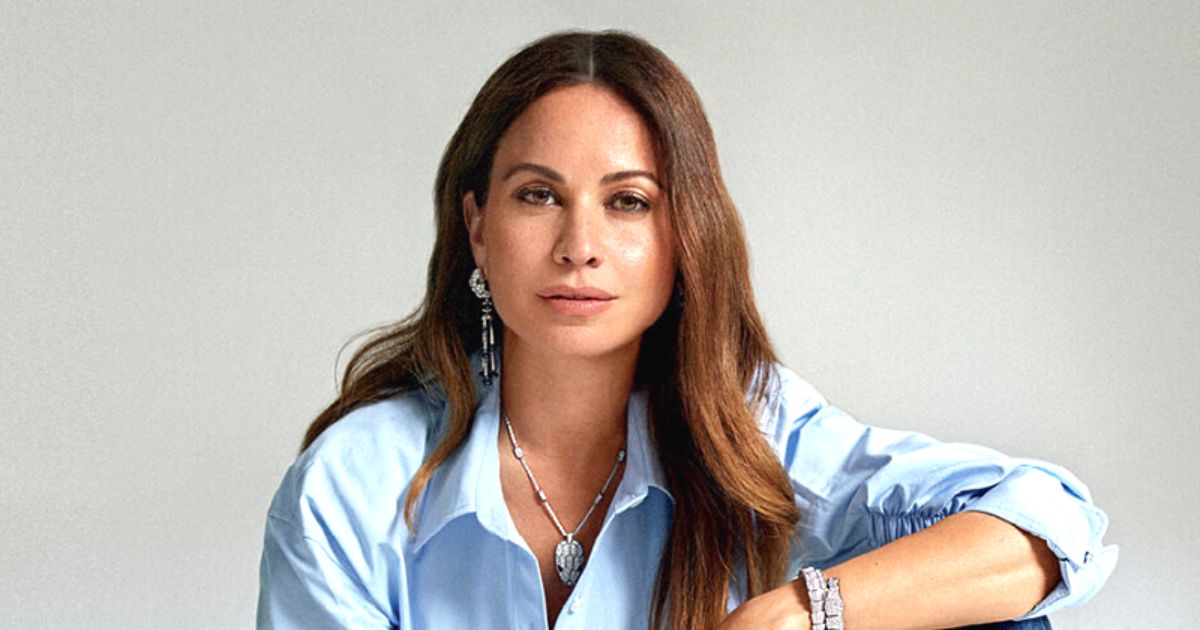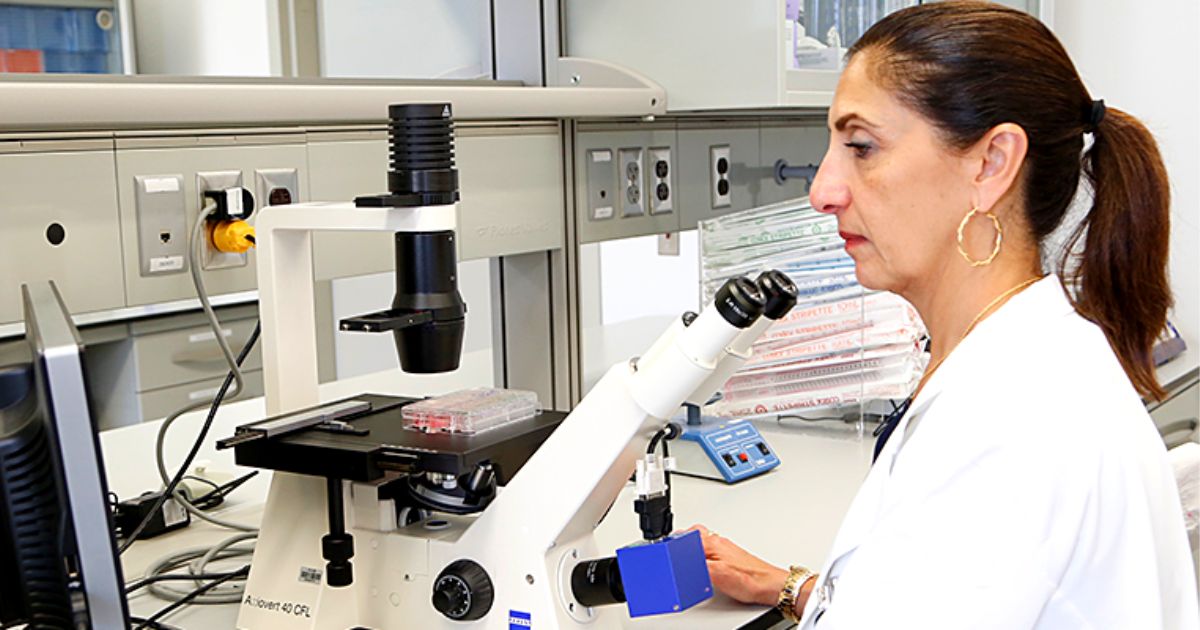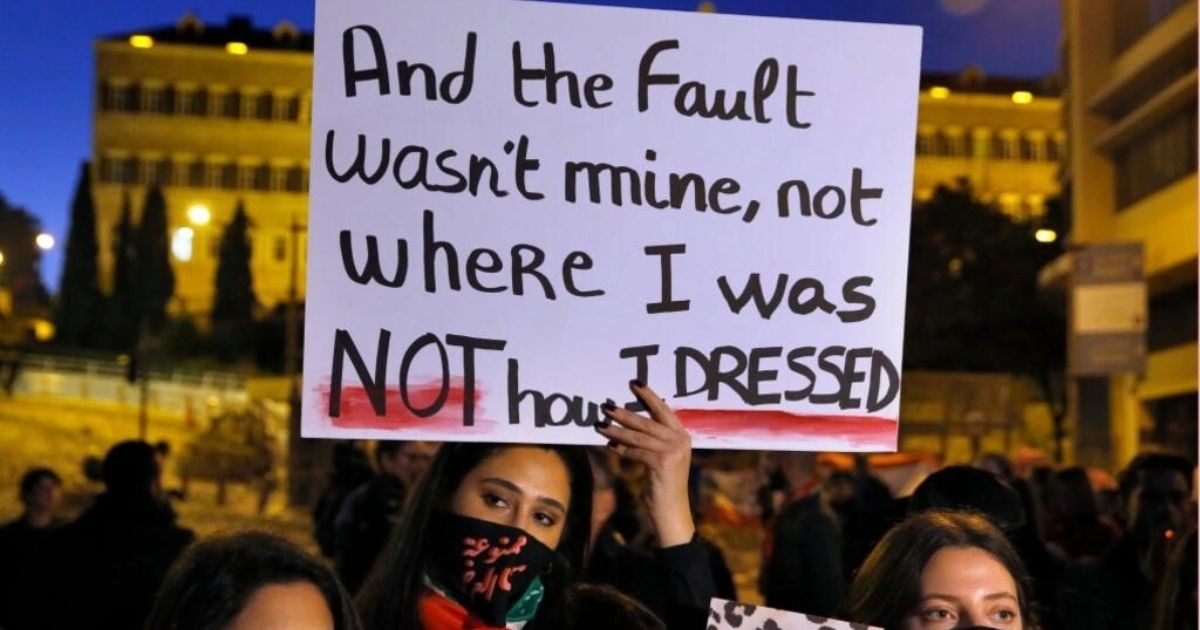Forbes magazine just ranked 4 Lebanese women among 50 powerful women in business in the Middle East in 2021.
Acknowledging how difficult 2020 was on businesses around the world, Forbes called it “one of the most challenging years that most companies have experienced in recent history.”
This year, the annual list comes to highlight the powerful businesswomen that have shown resilience and made it through daringly.
Here are the women of Lebanese nationality who made it on this year’s list.
#1 Elissar Farah Antonios
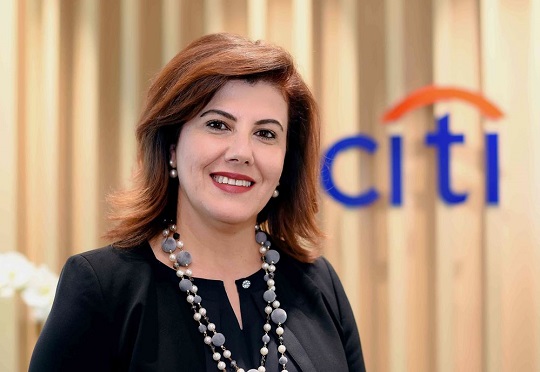
Ranking #21 out of 50, Elissar Farah Antonios is the CEO of Citi in the UAE, Levant, and Iraq. She was recently appointed Head of the MENA Cluster becoming the first woman to run the MENA Operations of Citigroup.
Last year, she ranked #26 out of 100 power businesswomen. She was also on Forbes’ list of most influential women in the Middle East in 2018.
#2 Christelle Saghbini

Ranking #28, Lebanese-French Christelle Saghbini is currently the general manager (Africa zone) of the French multinational pharmaceutical company Sanofi. She is also the managing director for Sanofi in Egypt.
In 2020, she ranked #45 by Forbes out of 100 on its annual list of powerful businesswomen in the region.
#3 Farah Foustok

Ranking #44, Farah Foustok is the CEO of Dubai-based Lazard Gulf Limited, which she joined in 2014. In 2020, Foustok launched TARA, an organization that aims to develop future female leaders.
“A decade of women asking for 30 minutes of my time, and university students searching for ways to connect to business leaders around the world, planted the seeds of TARA,” she says.
#4 Leila Hoteit
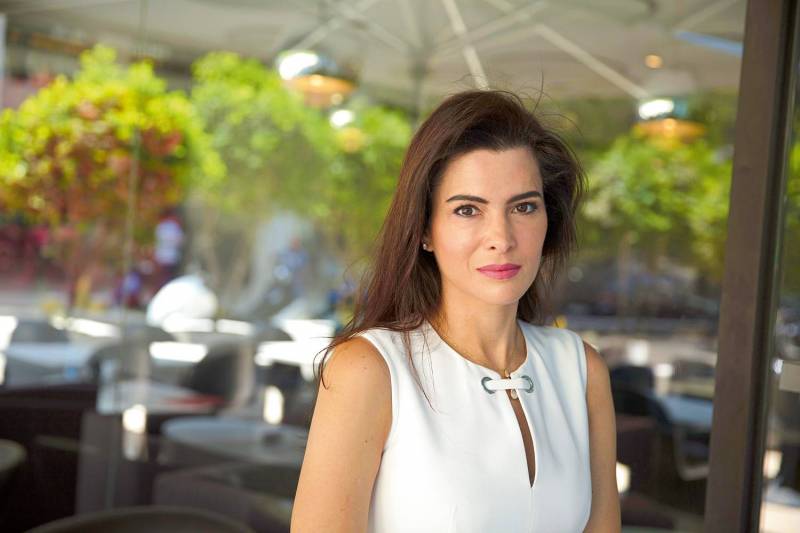
Ranking #45, Leila Hoteit is the managing director and senior partner at Boston Consulting Group (BCG). She heads the firm’s Global Education, Employment, and Welfare sector, which recorded over 50% of growth last year compared to 2019.
She was also part of the leadership team of the consulting group’s social impact practice, which grew impressibly in 2020.
According to Forbes, Hoteit worked on over 900 social impact projects across the world in 2020. At least a third of those were directed to COVID-19 support efforts in over more than 40 countries.


